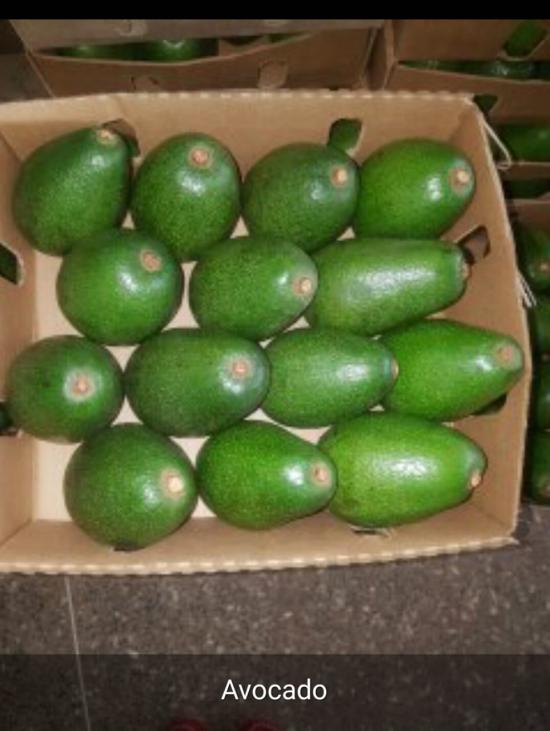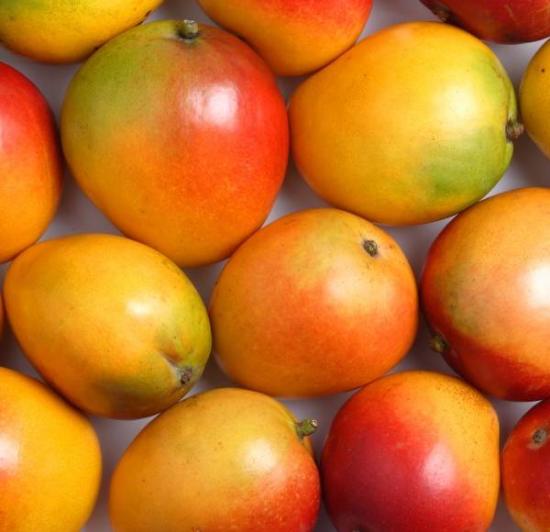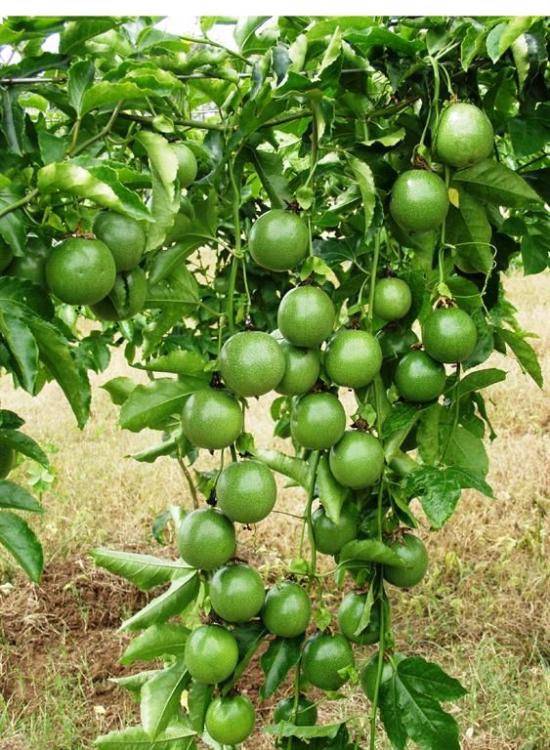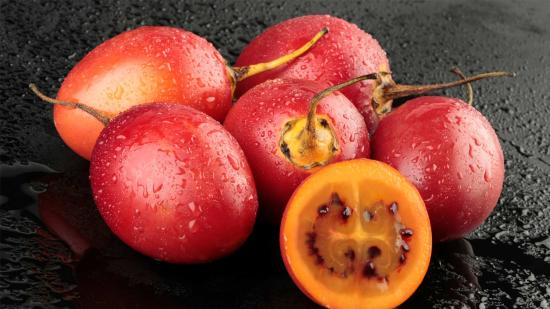Sosio Fruits and Vegetables
Avocadoes
Kenya avocados trace origins to Mexico’s Puebla state, though fossil evidence is said to demonstrate the presence of similar species far and wide millions of years back, particularly in areas far north, mainly California.The warm Kenyan climate provide a great production enviroment for our amazing avocadoes.The red volcanic soils in the Mt Kenya and Western region provide the best acidic Ph that is needed for avocado growth .The soils are also well drained ensuring the roots are well fed with water essential for the development of the avocado fruit.
Our varieties include:
Hass Avocado
Hass avocados, the most common commercial avocado cultivars in the world, contain a variety of essential nutrients and important phytochemicals.The Hass avocado is easily identified by its oval shape, the bumpy, pebbled texture of its skin and the purple to green-black color that means it's ripe and ready to enjoy. Green fruit will take four to five days to ripen at room temperature. Speed the process by placing your Hass avocados in a paper bag with an apple for 2 to 3 days at room temperature. When they yield to gentle pressure, they are ready to eat.
Fuete Avocado
The fruit are obovate (bluntly oval shaped, not as wide at the stem end), although under some climatic conditions the neck can be quite narrow. The fruit weight ranges from about 250 to 450 grams (commercially, a 'large' grade Hass is 340 grams or more). This makes the fruit size range from small to large (relative to Hass).
The skin color is green with many tiny yellow dots, becoming a slightly duller green at maturity. The skin is relatively smooth, thin and pliable (although thicker than many Mexican varieties), and it doesn't adhere to the flesh underneath, so it peels well - an important attribute for the consumer.The flesh is smooth and buttery, with a rich flavor. The overall eating quality of a fully mature fruit is excellent. There is relatively little fiber in the flesh.
Nutritional Value
- Healthy for the heart
- Great for vision
- Osteoporosis prevention
- Lowers the risk of depression
Avocados contain 25 milligrams per ounce of a natural plant sterol called beta-sitosterol. Regular consumption of beta-sitosterol and other plant sterols has been seen to help maintain healthy cholesterol levels.
Avocados contain lutein and zeaxanthin, two phytochemicals that are especially concentrated in the tissues in the eyes where they provide antioxidant protection to help minimize damage, including from ultraviolet light.
Vitamin K is often overshadowed by calcium and vitamin D when thinking of nutrients important for maintaining healthy bones, however, eating a diet with adequate vitamin K can support bone health by increasing calcium absorption and reducing urinary excretion of calcium.This nutrient is often overlooked, but is essential for bone health.
Related products
© Copyright 2019 . All Rights Reserved.







